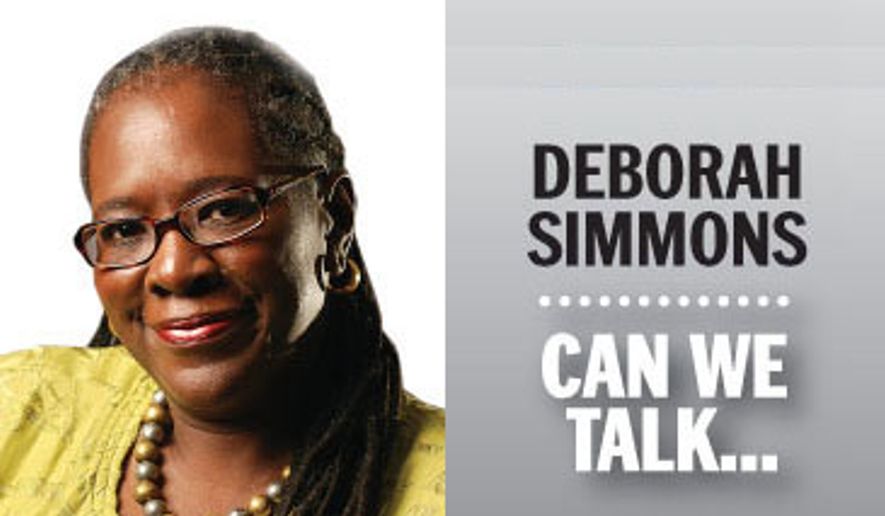ANALYSIS/OPINION:
The National Association for the Advancement of Colored People is a bit off its mission and game, advocating as it is that public charter schools be as tightly bound to school bureaucracies and regulations as teachers and school employees are to unions.
The NAACP is pressing for a moratorium on charters and a flat-out ban on privately run charter schools, saying “allowing for-profit entities to operate schools creates an inherent conflict of interest.”
That’s like the federal, state and local governments mandating that private schools such as Howard and Harvard, and Sidwell Friends and National Cathedral School, forego their founding legacies.
Here are two other recommendations from the NAACP:
1) “More equitable and adequate funding for all schools serving students of color. Education funding has been inadequate and unequal for students of color for hundreds of years. The United States has one of the most unequal school funding systems of any country in the industrialized world. Resources are highly unequal across states, across districts, and across schools, and they have declined in many communities over the last decade. In 36 states, public school funding has not yet returned to pre-2008 levels before the great recession, and in many states, inner city schools have experienced the deepest cuts. Federal funds have also declined in real dollar terms for both Title I and for special education expenditures over the last decade.”
2) “School finance reform is needed. To solve the quality education problems that are at the root of many of the issues, school finance reform is essential to ensure that resources are allocated according to student needs. States should undertake the kinds of weighted student formula reforms that Massachusetts and California have pursued, and the federal government should fully enforce the funding-equity provisions in Every Student Succeeds Act (ESSA).”
No. 1 sounds like the NAACP (or the unions) wants all states and localities to implement a uniform, nationwide school funding formula — a scary thought when you consider such simple facts as some students being biracial.
How would that work for “students of color”? Would it mean, for example, that only the black half or Hispanic half or Pacific Islander half of a student is funded?
As for No. 2, such a mandate is practically impossible. States like Idaho, Hawaii and the Commonwealth of Virginia, for example, can’t be expected to foot the same education costs.
All this nonsense came about because of the NAACP’s attempt to trash school choice in general and public charters in particular, and to bolster the NAACP’s profile in the traditional-schools-only movement.
Unfortunately, the NAACP loses some credibility. (The civil rights group also gains a dunce cap in the process, as the National Review surmises in a piece headlined “The NAACP’s Inept Vendetta against Charter Schools.”)
This is a true misfortune for the NAACP, the leading voice that fought tooth and nail to desegregate America’s public schools and won in the historic Brown v. Board of Education class-action lawsuit in 1954.
Since then, public education has come a very, very long way — and our nation’s system of public schooling has made measurable strides.
Sure, there were communities above and below the Mason-Dixon line that didn’t want to desegregate their public schools, and the busing programs agitated that problem.
But a few things are certain these days: America’s parents are aboard the school choice buses, and they aren’t getting off.
A full 82 percent of black parents favor school choice, according to a 2016 nationwide poll by the Braun Research Inc.
Also, when it comes to high school graduation rates among black students in the nation’s capital, consider the score: charter students, 73 percent; traditional students, 62 percent.
The NAACP gets considerable credit for trying to restore the tenor of voice on public schooling.
It should remember, though, times have changed since 1954, and that charter schools — like private schools and magnet — are here to stay for the foreseeable future.
Battling school vouchers is one thing. Unions won’t support them, so the NAACP isn’t expected to either.
Yet what the NAACP should do is remind its members and supporters that the “A” in NAACP stands for “Advancement.”
That is the mission.
• Deborah Simmons can be contacted at dsimmons@washingtontimes.com.
• Deborah Simmons can be reached at dsimmons@washingtontimes.com.




Please read our comment policy before commenting.